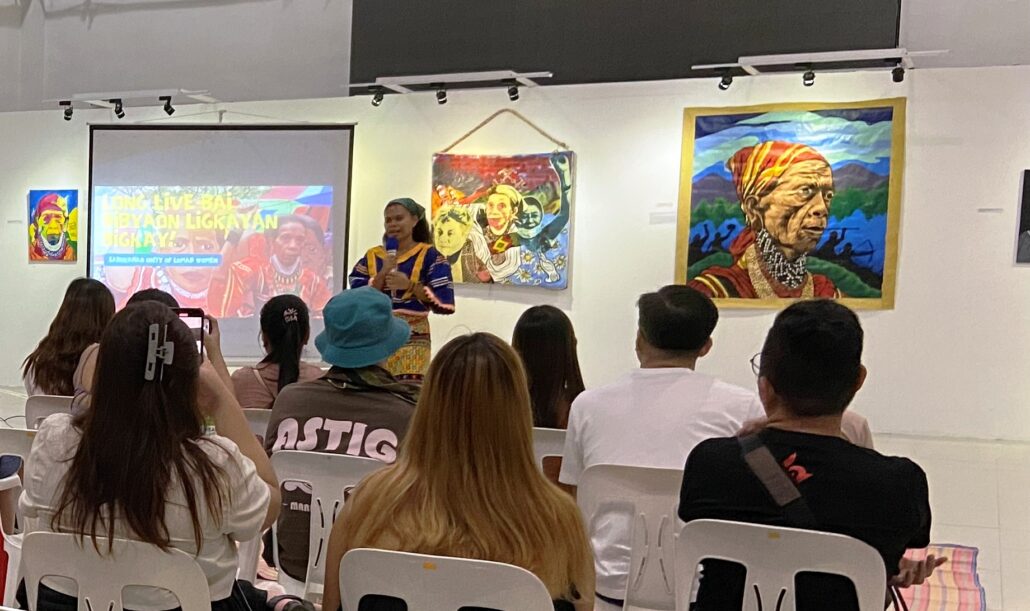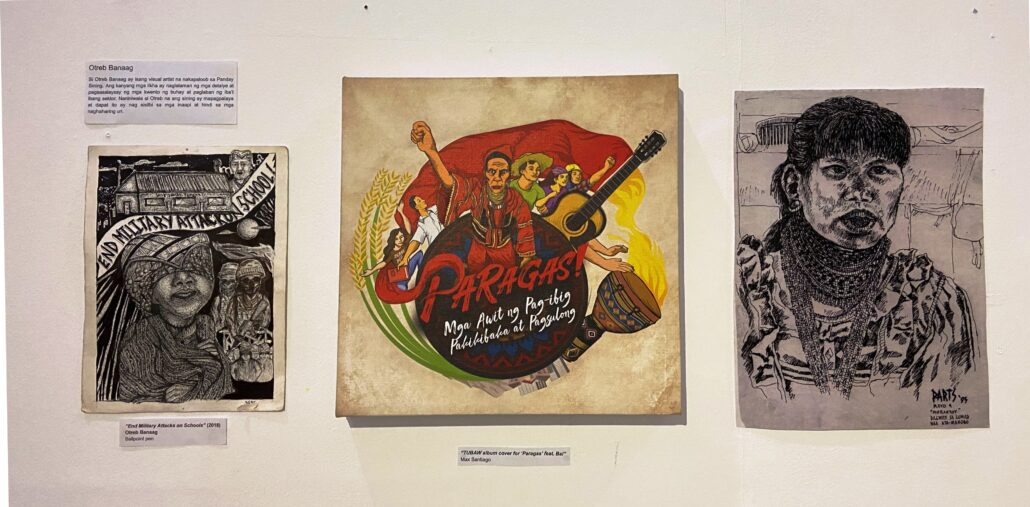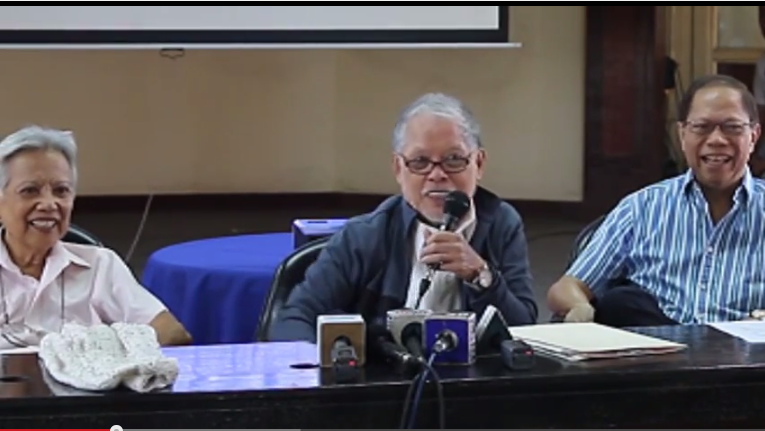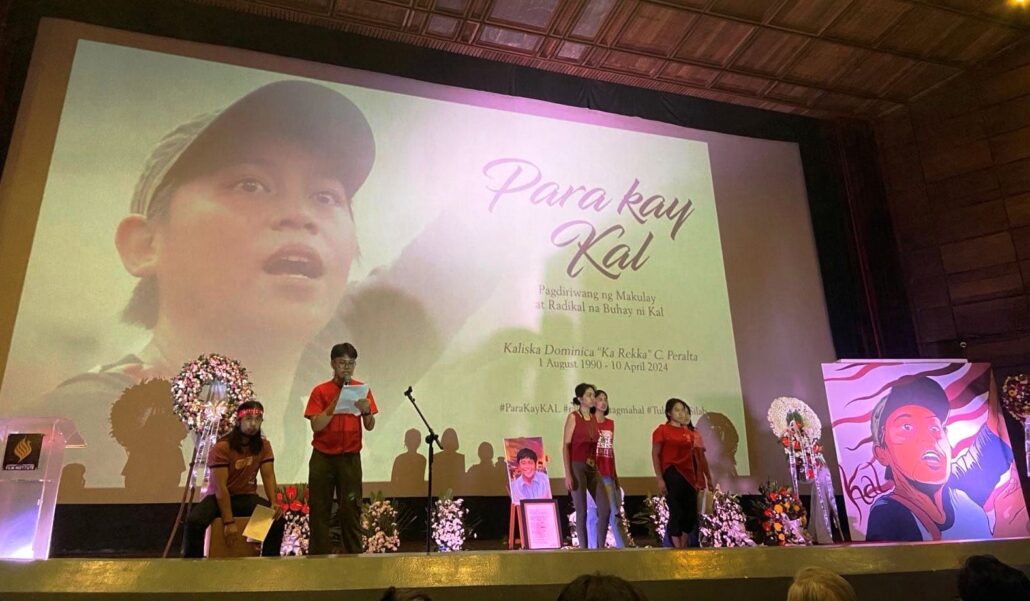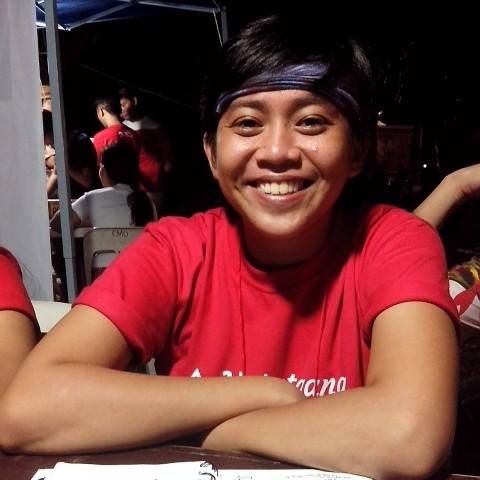Environment advocate bares torture during abduction, enforced disappearance
by Maujerie Ann Miranda
Environment advocate and abduction survivor Francisco “Eco” Dangla III bared in a press conference at the Commission on Human Rights in Quezon City today the ordeal he and a fellow activist underwent in the hands of their attackers.
Last March 24, Dangla and Joxelle “Jak” Tiaong were violently kidnapped in San Carlos City, Pangasinan by probable state agents while on board a tricycle on their way home from a consultation with community leaders.
They were surfaced after three days of harrowing physical and psychological torture he feared he and Tiaong would not survive.
“After some time in the hands of our abductors, we really thought we would be killed,” he said.
The victims were convenors of the Pangasinan People’s Strike for the Environment, fighting against projects such as offshore black sand mining and the establishment of coal power plants they said are being opposed by many Pangasinan residents and institutions such as the Roman Catholic Archdiocese of Lingayen-Dagupan.
Dangla said he tried using his mobile phone but was ordered at gunpoint to stop. After a prolonged struggle with his abductors that left him with wounds and bruises, he also shouted for help from the residents.
Dangla said they were blindfolded in all the three days and nights they were kept in a safe house, leaving him with deep scars around his eyes.
He revealed that they were constantly interrogated about their alleged links with the Communist Party of the Philippines and the New People’s Army (NPA).
They were also given names the two were supposed to profile.
“The first night of the abduction was the worse because they did not allow us to sleep with their incessant questioning,” he said.
The two environmentalists tried reasoning with their abductors, saying they are working with the Church in resisting the construction of more coal-fired power plants in the area, as well as the massive offshore magnetite mining project on Lingayen Gulf.
“I even cited Pope Francis’ Laudato Si as the reason for our activities,” to which our attackers retorted we are just using the church for our alleged activities as NPA recruiters,” he said in Filipino.
Both Dangla and Tiaong are environment ministry affiliates of the archdiocese.
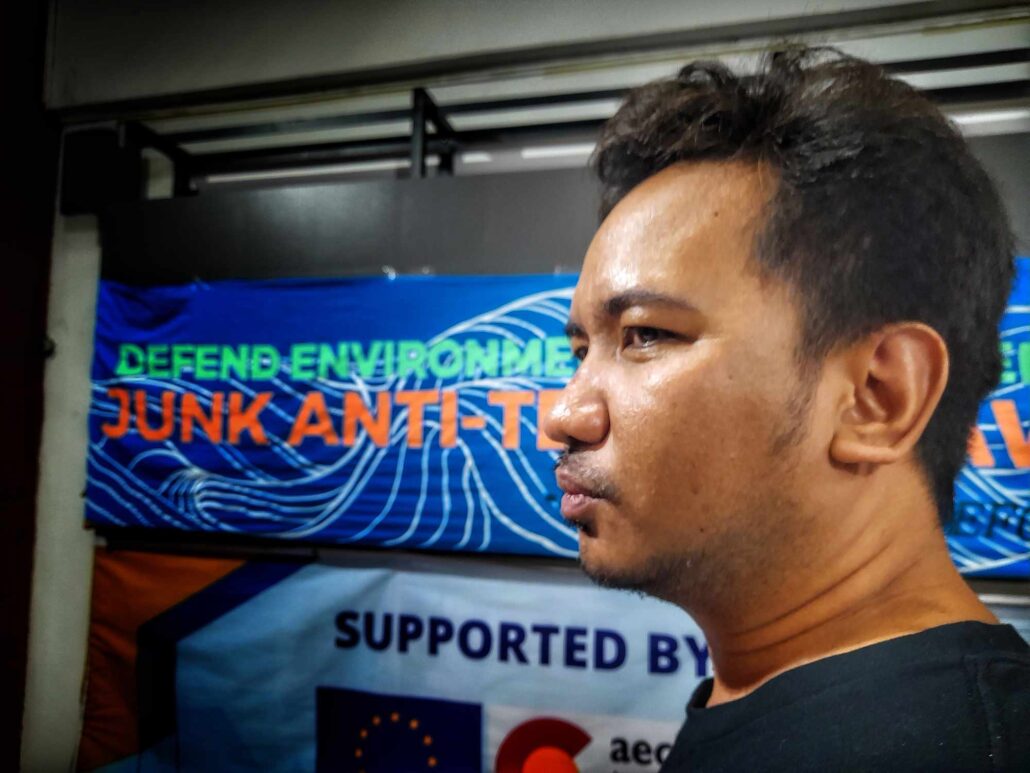
Days and nights of torture
Dangla said he and Tiaong were repeatedly hit on the head, arms and torso when the abductors disliked their answers.
Dangla said that the pyschological torture was greater than the physical.
He revealed their abductors said there was a cobra beside them ready to bite. He also heard a back hoe in the background the kidnappers said they will use to bury them if they do not admit to their allegations.
Dangla added, “Susunugin kami, tapos ilalaga kami sa gulong. May naaamoy [ naman ako] na nasusunog na plastic, na gulong.” (They will burn us, stew us in burning rubber tires. That was when I smelled burning plastic, rubber.)
The abductors also threatened to electrocute them and were told that the biscuits offered them were laced with truth serum.
Dangla said that the death threats to their family were the worse.
“They asked about our family background and told us they would kill them as well if we do not confess to whatever they were accusing us of,” he said.
Just before they were freed, the abductors allowed them to take a shower but put marks on their backs to continue the intimidation.
“Iniisip ko kung babarilin ba [ako] o sisipain tapos ihuhulog sa pozo negro,” Dangla said. (I was thinking, they would shoot us and dump us in a septic tank.)
On March 27, they were released.
Surviving the ordeal
The environment activist shared, “Noong nasa kamay [kami] ng mga abductor ,nananantya [ako] kung mabubuhay o mamamatay [kami]. Gusto [ko] ding i-assure [si Jak] kung mamamatay man [kami], siguro naghahanap ‘yung mga kasama. Marami namang nagmamahal sa atin, na tama yung ginagawa namin.”
(While we were in the hands of the abductors, I did not know whether we would survive or die. I wanted to assure Jak that, if we indeed die, our colleagues were probably looking for us. There are many who love us; that what we are doing is right.)
He thanked the community, the churches and fellow advocates who helped them and called for their surfacing.
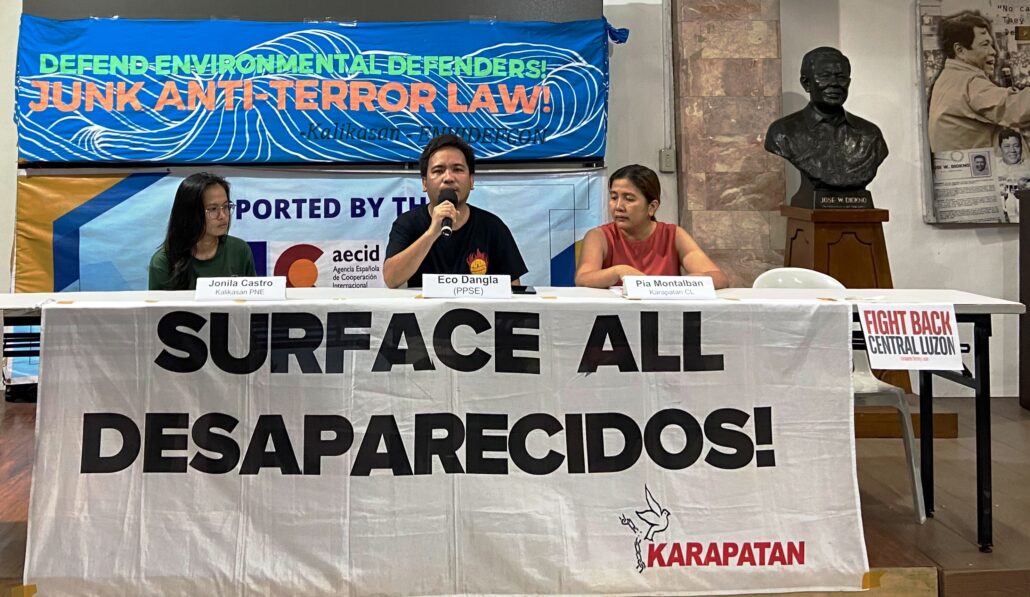
It could only be state forces
The environment advocate shared that he has been experiencing harassment from state forces since 2014, which intensified in 2018 and 2019 when he was tagged as a “regional threat” by the Ilocos Regional Peace and Security Council.
Dangla revealed that placards were also hung around Pangasinan in the past accusing him of being a recruiter for the NPA for his environmental activism.
He was also a victim of online red-tagging during the pandemic.
Jonila Castro, herself an environmental activist, abducted and then surfaced last September with fellow anti-Manila Bay reclamation activities campaigner Jhed Tamano, called for accountability and justice for all victims of enforced disappearance during the press conference.
Castro said Dangla and Tiaong’s case is another proof that the human rights situation has not improved under the Ferdinand Marcos Jr. government.
She condemned the National Task Force to End Local Communist Armed Conflict and its practice of forcing communities and leaders to falsely “surrender” as Communist insurgents.
Karapatan Central Luzon regional coordinator Pia Montalban said enforced disappearance cases follow the pattern of red-tagging and harassment by the State before the abducted of victims.
“Kaya di po kami masisisi na ang sisisihin namin ay ang Estado o ang armadong pwersa nito,” said Montalban. (That is why we cannot be faulted for pointing out to the State and its armed forces as the perpetrators.)
Lee Sudario, Norman Ortiz, Steve Abua, Ma. Elena “Cha” Pampoza, and Elgene “Leleng” Mungcal are some of the abducted activists in Central Luzon that have yet to be surfaced, according to Montalban.
The human rights advocate emphasized the legitimate advocacies of the abducted, such as the protection of the environment, land for the farmers, among others.
Karapatan Central Luzon called for the surfacing of all desaparacidos and the end to the abduction and other forms of harassment to activists. #

